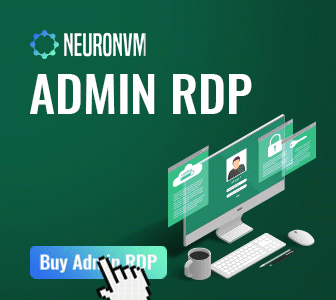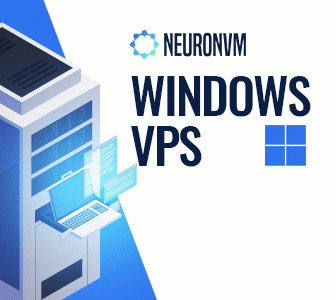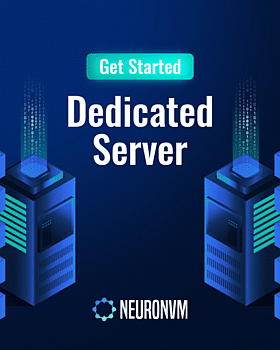
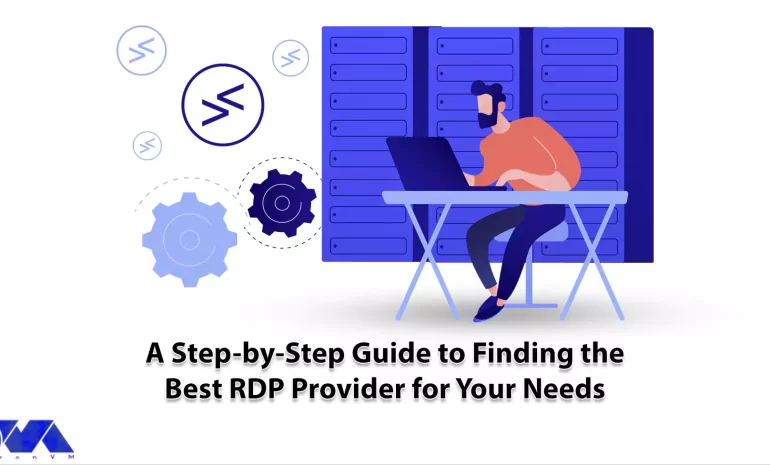





In our previous articles, we introduced you to RDP servers and explained how to use them. RDP servers with the advantage of remote control and monitoring provide you with more access and save you money and time. Now we want to make this article wider for you and introduce you to the advantages and other key factors by presenting a step-by-step guide to find the best RDP provider for your needs.
Finding the best Remote Desktop Protocol (RDP) provider for your needs and buying RDP services involves evaluating several factors to ensure you select a service that meets your requirements in terms of performance, security, Reputation, and cost. Here’s a step-by-step guide to help you find the right RDP provider.
Before you start looking for an RDP provider, determine your specific needs. Ask yourself questions like:

Start by researching RDP service providers. Look for reviews, testimonials, and recommendations from trusted sources and users’ comments. Some popular RDP providers include Microsoft Azure, AWS, NeuronVM, Google Cloud, and specialized RDP hosting providers. Here are steps to conduct comprehensive research on RDP providers:
Start by compiling a list of potential RDP providers. You can do this through internet searches, online forums, and recommendations from colleagues. Then Determine your budget and Clearly outline your specific needs and objectives. You should look for reviews and testimonials from current or former customers. Now you can review the features and services offered by each provider.
You should consider factors such as the operating systems supported, performance, security features, and scalability. Pay attention to security, it is very critical when it comes to remote access. Do research to compare the prices of plans and so many other researches to get the right decision.
Investigate the reputation of each provider. Analyze and keep tracking the comments and descriptions from customers to measure providers’ performance, reliability, and customer satisfaction. Pay attention to recent reviews to ensure accuracy. Note that the reputation of an RDP provider can impact the quality of service, security, and overall user experience.
Research the provider’s history and background and assess the security measures. Don’t forget that a positive reputation will attract lots of users and is a measure of trust. When you’re dealing with RDP providers, you often need to entrust them with sensitive data and access to your systems. A provider with a good reputation is more likely to be trustworthy and less likely to misuse your data or breach your security.
This is another crucial point in finding a suitable RDP provider and you should pay attention and examine the features and various services that are offered by RDP providers. Consider factors like supported operating systems, performance metrics (e.g., CPU, RAM, bandwidth), scalability options, security features, and any additional services or add-ons to assess the value of these providers.
Some of the RDP providers may offer additional features like file sharing, collaboration tools, or integration with other services. Assessing these extras can help you choose a provider that enhances your remote work capabilities.
Also, assessing the features of RDP providers is essential to selecting the right solution for your remote access needs while prioritizing security, performance, compatibility, reliability, and user experience. It ensures that you choose a provider that aligns with your specific requirements and enhances your remote work capabilities.

Security is critical when dealing with remote access. Investigate the security measures implemented by the provider, including encryption protocols, two-factor authentication, firewall protection, and data center security. RDP allows users to access remote systems and data.
If security measures are not in place, unauthorized users could potentially gain access to sensitive information, leading to data breaches and privacy violations. You should know that RDP is a common target for cyberattacks. Without robust security measures, attackers can exploit vulnerabilities to deliver malware, ransomware, or conduct other malicious activities on remote systems.
Overall, security is essential for RDP providers to protect both the providers themselves and their customers from a wide range of threats, including data breaches, cyberattacks, and regulatory violations. Implementing robust security measures helps maintain the confidentiality, integrity, and availability of remote desktop services.
Compare the pricing plans of different RDP providers. Pay attention to any hidden costs, additional fees, or discounts for longer-term commitments. Make sure the pricing aligns with your budget.
Look at the different plans or tiers offered by the RDP provider. They may offer varying levels of resources, such as CPU, RAM, and storage. Consider the pricing model, whether it’s subscription-based, pay-as-you-go, or a one-time payment. Choose the one that aligns with your budget and usage patterns.
Also, you can evaluate the amount of CPU, RAM, and storage provided in each plan. Ensure that the resources meet your performance requirements without overpaying for excess capacity you won’t use.
By carefully considering these points, you can make an informed decision when comparing the prices of RDP providers and select the one that best suits your business or personal requirements.
The performance of an RDP provider can significantly impact your remote working or server management experience. Here are several factors to consider when testing the performance of RDP providers:
The quality of customer support provided by RDP service providers can vary widely depending on the company and its specific offerings. When evaluating RDP providers for customer support, there are a number of things to consider, including communication channels, response time, documentation and resources, the level of knowledge and expertise, user reviews, trial period, and accessibility of the support team.
It’s important to remember that customer support can be a crucial aspect of your decision when choosing an RDP provider, as technical issues or downtime can impact your business operations. Therefore, conducting thorough research and possibly reaching out to the provider’s support team with pre-sales questions can give you a sense of their level of commitment to customer service.
Thoroughly review the terms of service to avoid any misunderstandings or contractual issues in the future. After conducting extensive research, carefully weigh the pros and cons of each provider. Choose the one that best aligns with your requirements, budget, and overall objectives.
The great thing about reputable and qualified RDP providers is that they automatically create an account for you. As a result, you don’t need to worry about managing servers. All you have to do is choose a plan that gives you full control over the server and hardware and software components.
Another thing is to choose a service that has good customer support and a good guide to help you solve any problems you may have. Therefore, the right choice will make you expand your business soon and enjoy a quality and hassle-free service.
Once you’ve considered all these factors, you should have a clearer vision of which RDP provider aligns best with your needs. Remember that the “best” provider can vary greatly depending on your unique requirements, so prioritize those aspects that are most crucial for your specific use case.
How useful was this post?
Click on a star to rate it!
Average rating 0 / 5. Vote count: 0
No votes so far! Be the first to rate this post.
 Tags
Tags

You probably heard about Domain Name Servers (DNS) before. DNS servers are used to translate human-r...



 Tags
Tags
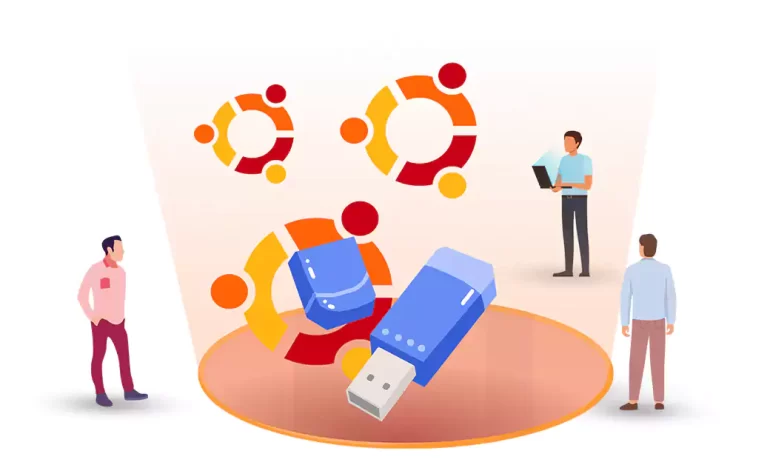
Installing Ubuntu on a USB drive allows you to have a portable and independent operating system that...



 Tags
Tags
What is your opinion about this Blog?






